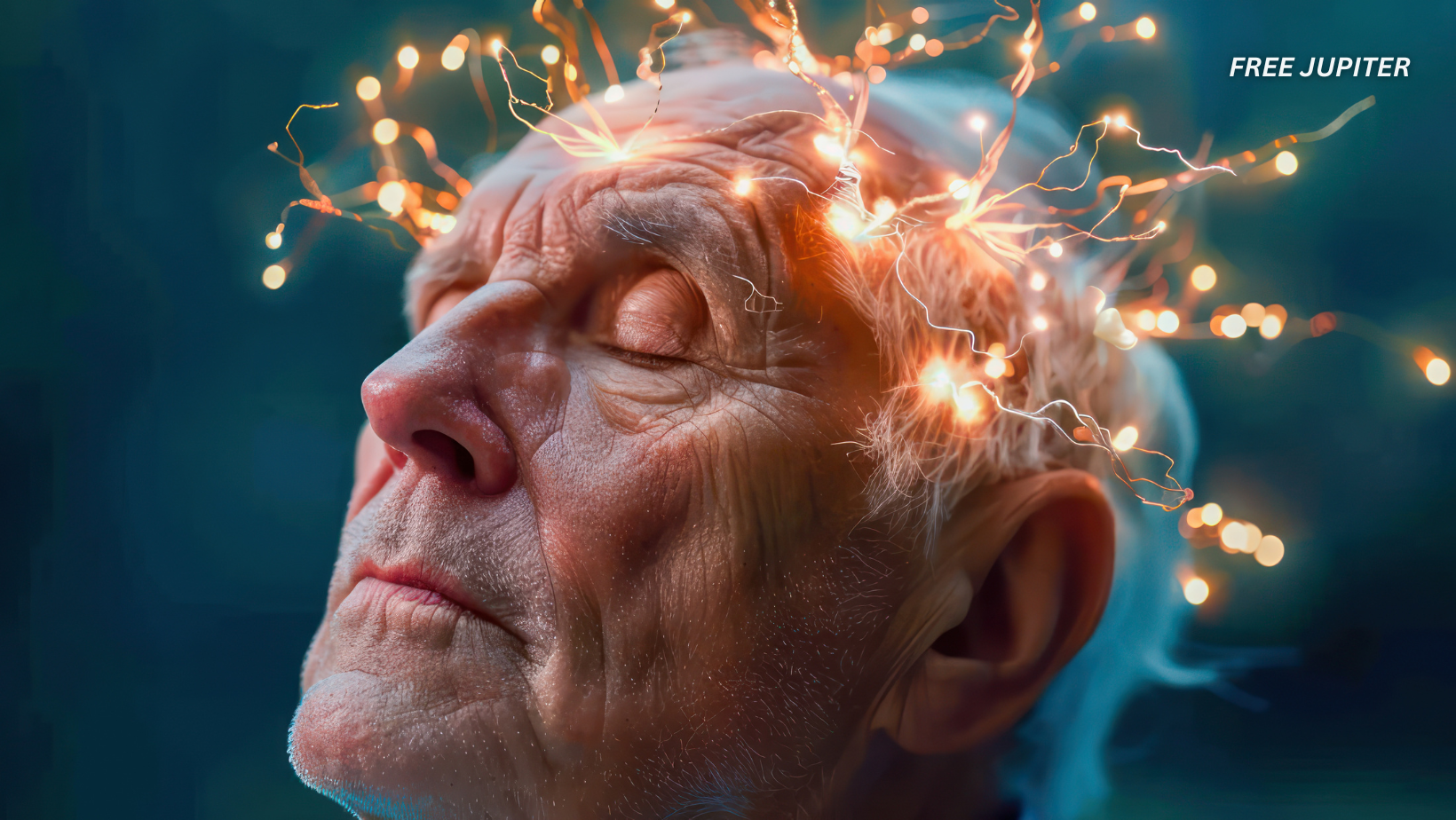Friendly Note: FreeJupiter.com shares general info for curious minds 🌟 Please fact-check all claims—and always check health matters with a professional 💙
For decades, scientists have wrestled with one big, brainy question: Can adults grow new brain cells? It’s been a topic of heated debate in neuroscience circles—like a tug-of-war between the “yes” camp and the “not a chance” crowd.
Now, a new study led by researchers at Sweden’s Karolinska Institute may have finally tipped the scales. Their answer? A solid “yes.” According to their findings, the human brain keeps generating new neurons—those electric little messengers in our heads—well into adulthood.
This brain cell growth, called neurogenesis, happens in a brain region known as the hippocampus. It’s the emotional memory vault of our minds, responsible for things like learning, storing experiences, and navigating feelings. And thanks to some seriously advanced tech and a bit of brainy detective work, researchers say they’ve found undeniable signs that our adult brains are more adaptable than we thought.
The Brain’s Hidden Talent: Making New Cells
Until now, it’s been really hard to find proof of new neurons growing in adult humans. Why? Because most human brain samples come from autopsies or surgeries, and the way those tissues are handled can easily erase signs of newborn brain cells. It’s like trying to find footprints on a beach after the tide has come in.
But this research team took a high-tech route. They used a combination of single-nucleus RNA sequencing—a fancy way of reading genetic activity inside individual brain cells—and machine learning—the same kind of AI used in things like facial recognition or Netflix recommendations—to analyze over 400,000 brain cell nuclei from 24 people ranging in age from newborns to 78-year-olds. They also reviewed 10 additional brain samples with other methods.
The result? Clear evidence that even adult brains contain clusters of stem-like precursor cells—essentially baby neurons—that are actively dividing and developing into full-fledged brain cells.
“We didn’t just find this in children and teens,” said co-lead author Marta Paterlini. “We found these cells in adults, too—real, dividing, active cells that can become neurons.”
Read more: “Forever Chemicals” Are Fundamentally Altering Human DNA, New Studies Warn
High-Tech Tools Meet Old Questions
So how exactly did they spot these elusive brain newbies? The team used glowing fluorescent markers to tag the cells in question. These glowing signals allowed machine learning algorithms to spot patterns based on what scientists had previously seen in rodent brains.
The brain tissue samples came from international brain banks, carefully preserved and processed to avoid the usual issues that make human neuron studies tricky. And for the first time, researchers could actually map out where the new brain cells were popping up—like watching seedlings sprout in a hidden corner of a garden.
They discovered that, while children’s brains obviously had more new neurons in progress, many adult brains also showed signs of neurogenesis. Using one technique, 9 out of 14 adult brains had evidence of new neurons. Using another, all 10 adult samples showed activity.
That’s a pretty big deal.
So, What Does This Mean for Our Brains?
One big question still hangs in the air: Why do some adult brains make new neurons while others don’t? The study didn’t dive deep into the why, but the researchers suspect future studies could explore how disease, age, or even lifestyle might play a role.
Could the adults who grew new neurons have been responding to a brain injury or illness, like Alzheimer’s? Or maybe they just had healthier, more plastic brains? It’s still too early to say. But either way, this opens the door to something potentially huge.
Dr. W. Taylor Kimberly, a neurologist who wasn’t part of the study, put it this way: “They found needles in a haystack. And now that we can detect these new cells, we can start figuring out what they mean—especially for brain diseases.”
The big dream? If scientists can track how these baby neurons grow, survive, or disappear, maybe they could eventually figure out how to encourage the brain to regenerate itself. Imagine boosting your memory, healing from brain injury faster, or even slowing the march of dementia.
Read more: Scientists Successfully Create Healthy Fertile Mice Using Two Male Parents
A New Era for Brain Science
The idea that adult brains can grow new cells challenges everything we thought we knew about the mind. For a long time, people believed neurogenesis ended in childhood—that once your brain matured, that was it. No more rewiring. No second chances.
But this study, published in Science on July 3, suggests otherwise.
“Knowing that our adult brains can sprout new neurons,” said Paterlini, “changes how we think about lifelong learning, recovery after injury, and even brain flexibility as we age.”
In a world where brain health is becoming more important than ever—thanks to aging populations, increasing stress, and rising rates of neurological disease—this discovery offers a glimmer of hope. The brain, it turns out, may be much more adaptable than we’ve been giving it credit for.
Related Brainy Discoveries
This isn’t the first time scientists have spotted hints of adult neurogenesis. Earlier studies on rodents and monkeys have shown similar results, but applying those findings to humans has always been tricky.
In 1998, a groundbreaking study found signs of new neurons in adult human hippocampi, but the results were debated. Some researchers couldn’t replicate the findings, while others said the evidence wasn’t clear-cut.
Then in 2013, another study showed that the adult human brain may produce around 700 new neurons a day, but again, skepticism lingered. The field has been stuck in a scientific tug-of-war—until now.
This new research not only confirms previous suspicions but does so using cutting-edge tools that can dig deeper into individual brain cells than ever before.
Read more: The Mental and Physical Health Benefits of Owning a Cat
What’s Next? The Brain’s Future Is Looking Brighter
The next big step? Understanding what triggers neurogenesis in adults. Could exercise, diet, meditation, or certain therapies enhance it? Could we one day take a pill to stimulate new neuron growth?
We’re not there yet, but this research brings us closer.
And perhaps most importantly, it sends a powerful message: your brain is never really done growing. Whether you’re learning a new language, picking up a musical instrument, or just trying to remember where you left your keys—your brain is still capable of sprouting new life.
Even in adulthood, it seems, the brain still has a few tricks up its sleeve.










